In his First Apology, a letter to the Roman Emperor Antoninus Pius in defense of Christian practice, Justin Martyr (c.100–c.165) describes a Christian worship service in great detail. Because Justin Martyr was born around the same time that the Apostle John died, Justin’s record is just one generation removed from the practice of the Apostles. Here is the English translation:
Chapter 67: Weekly Worship of the Christians
And we afterwards continually remind each other of these things. And the wealthy among us help the needy; and we always keep together; and for all things wherewith we are supplied, we bless the Maker of all through His Son Jesus Christ, and through the Holy Ghost. And on the day called Sunday, all who live in cities or in the country gather together to one place, and the memoirs of the apostles or the writings of the prophets are read, as long as time permits; then, when the reader has ceased, the president verbally instructs, and exhorts to the imitation of these good things. Then we all rise together and pray, and, as we before said, when our prayer is ended, bread and wine and water are brought, and the president in like manner offers prayers and thanksgivings, according to his ability, and the people assent, saying Amen; and there is a distribution to each, and a participation of that over which thanks have been given, and to those who are absent a portion is sent by the deacons. And they who are well to do, and willing, give what each thinks fit; and what is collected is deposited with the president, who succours the orphans and widows, and those who, through sickness or any other cause, are in want, and those who are in bonds, and the strangers sojourning among us, and in a word takes care of all who are in need. But Sunday is the day on which we all hold our common assembly, because it is the first day on which God, having wrought a change in the darkness and matter, made the world; and Jesus Christ our Saviour on the same day rose from the dead. For He was crucified on the day before that of Saturn (Saturday); and on the day after that of Saturn, which is the day of the Sun, having appeared to His apostles and disciples, He taught them these things, which we have submitted to you also for your consideration.
Justin Martyr, “The First Apology of Justin,” in The Apostolic Fathers with Justin Martyr and Irenaeus, ed. Alexander Roberts, James Donaldson, and A. Cleveland Coxe, vol. 1, The Ante-Nicene Fathers (Buffalo, NY: Christian Literature Company, 1885), 185–186.
In this very thorough description of a Lord’s Day meeting, Justin describes a service that consists of preaching, teaching, praying, reading Scripture publicly, taking of the Lord’s Table, saying “Amen,” and collecting the offering. This service is led by a pastor and results in the deacons carrying out service during the week.[1] However, understanding the place of music in the assembly is all the more complicated by the absence of music in this detailed description. Why would Justin omit this important aspect of church worship?
Justin’s omission of music and the sparse references to music within the earliest writings may actually be a clue—perhaps these believers didn’t place as much emphasis on music as American churches do today. Imagine a worship service in a twenty-first-century American church with such little music that when someone described the service, they might just forget to mention the music. This would be unheard of, since “music” and “worship” are often used interchangeably in the modern church vocabulary! And in that same service, the Scriptures are read, to quote Justin, “as long as time permits.”[2] Such a service would be viewed as boring for modern Christians and ineffective for keeping “the young people engaged.”
That Justin’s congregation never sang during Lord’s Day worship is not likely; in fact, Justin suggests that believers should “offer thanks by invocations and hymns.”[3] Justin may have so closely associated singing with the public reading of Scripture that he failed to mention the music aspect. For more about why Justin may have closely associated reading and singing, see my post on music in early Christian worship.
For more on the music in the early church, I recommend Music in Early Christian Literature by James McKinnon, which is a helpful collection of every reference to music from the extant writings of the early church fathers.
[1] Justin Martyr, “The First Apology of Justin,” in The Apostolic Fathers with Justin Martyr and Irenaeus, ed. Alexander Roberts, James Donaldson, and A. Cleveland Coxe, vol. 1, The Ante-Nicene Fathers (Buffalo: The Christian Literature Company, 1885), 186.
[2] Justin Martyr, “The First Apology of Justin,” 186.
[3] Justin Martyr, “The First Apology of Justin,” 166.
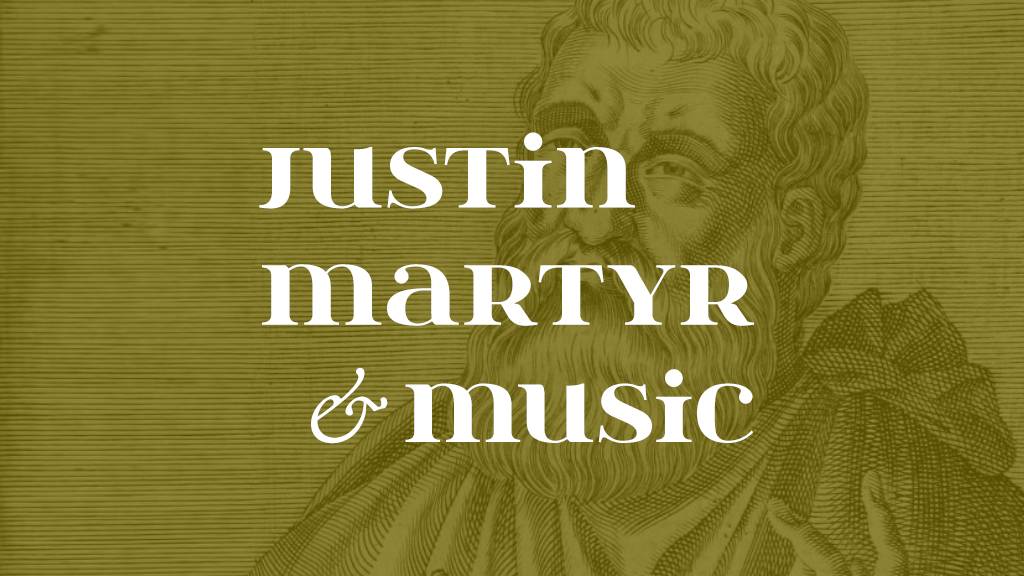

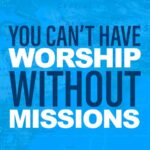
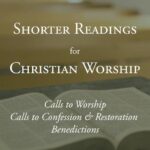
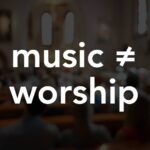
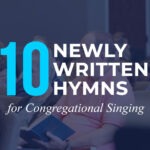
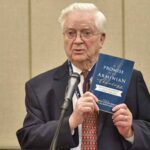
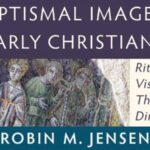
2 Responses